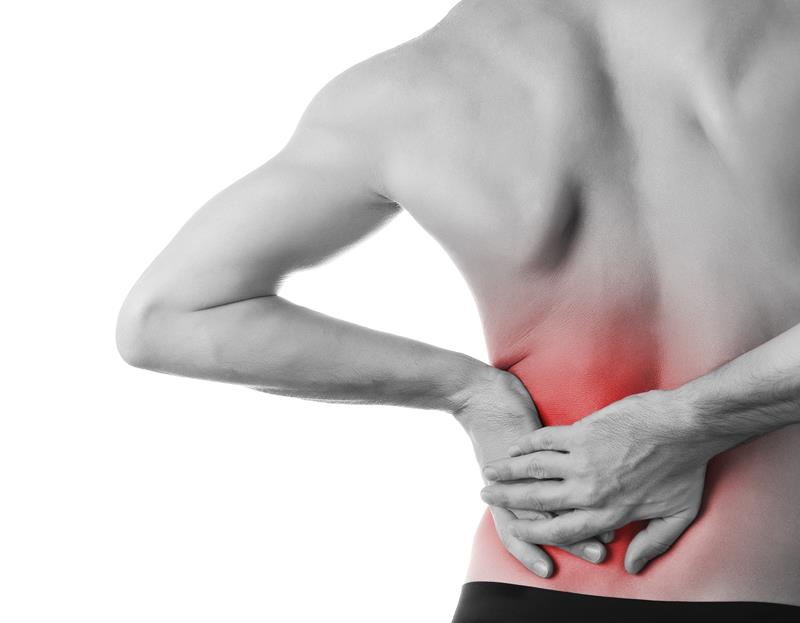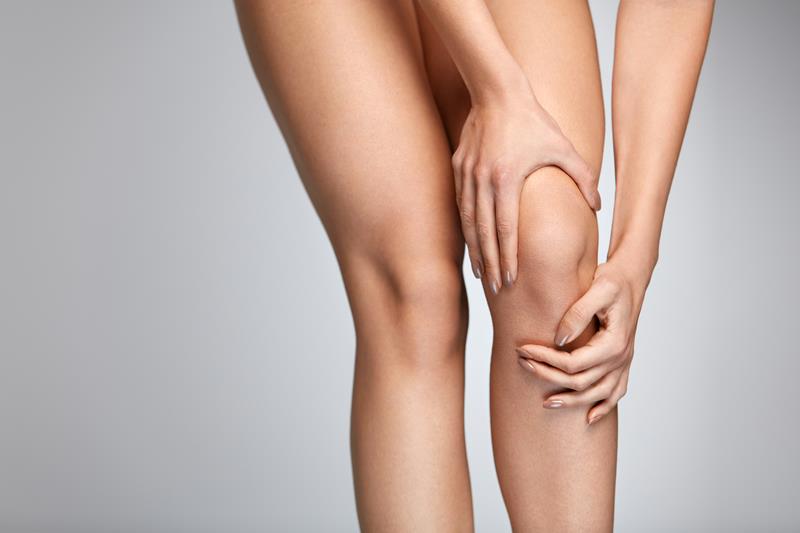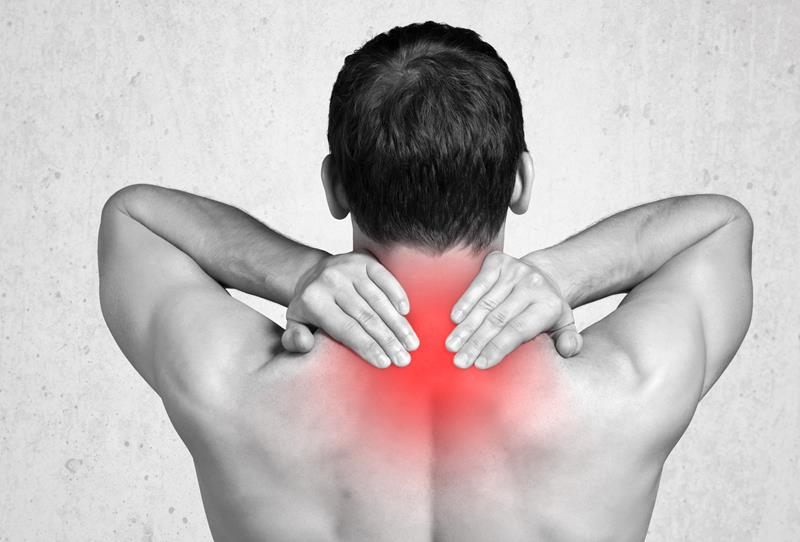

Auto Injuries
Even a “minor” crash can result in serious injuries like ligament sprains. This can lead to chronic pain and disability if not treated properly. In fact, research shows that early treatment is the best way to prevent long-term symptoms. Chiropractic adjustments are effective because they help restore the healthy, normal function of your nervous system without the use of drugs or surgery.

Back Pain
Back pain is the leading cause of disability worldwide. Regular chiropractic adjustments maintain spinal alignment and helps prevent pain and instability.

Knee Pain
Knee pain is increasingly becoming a more common problem in society. It is a complaint we see frequently. The most common complaint associated with knee pain is considered the normal “wear and tear.” Another ailment that affects the knee is osteoarthritis. The symptoms and progression of osteoarthritis and knee pain can be reduced through our individualized approach to chiropractic care.

Neck Pain
The neck, also called the cervical spine, begins at the base of the skull and contains seven small vertebrae. The cervical spine supports the full weight of your head which is on average about 12 pounds. While the cervical spine can move your head in nearly every direction, this flexibility makes the neck very susceptible to pain and injury.

Shoulder Pain
Shoulder pain is a very common condition and affects almost half of the U.S. Most patients feel some sort of pain, limited range of motion, an inability to engage in activities of daily living (ADL) or something more serious as a permanent disability.

Whiplash
According to the American Chiropractic Association, one of the most common causes of neck pain is whiplash resulting from a car accident. A sudden forced movement of the head or neck in any direction and the resulting “rebound” in the opposite direction is known as whiplash. The sudden “whipping” motion injures the surrounding and supporting tissues of the neck and head. Muscles react by tightening and contracting, creating muscle fatigue, which can result in pain and stiffness. Severe whiplash can also be associated with injury to the intervertebral joints, discs, ligaments, muscles, and nerve roots.